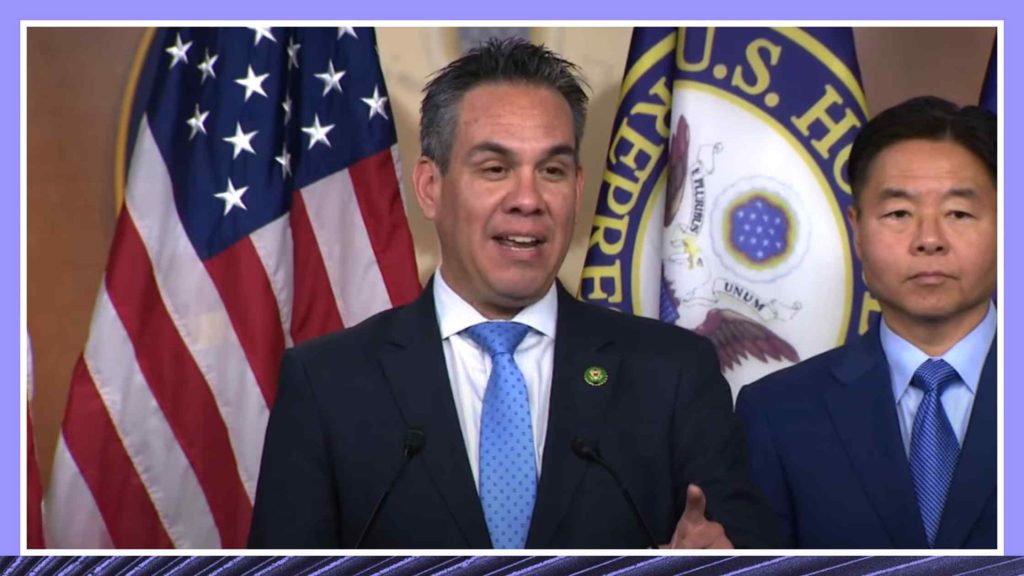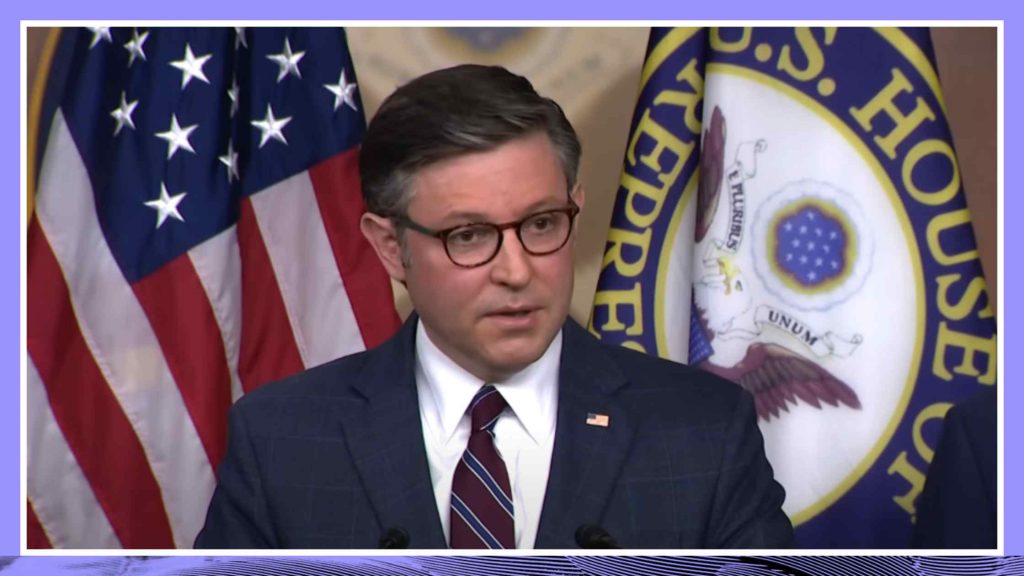Dec 12, 2023
Harvard President Under Pressure to Resign Transcript

There’s been heavy debate about whether Claudine Gay should be allowed to stay. It all comes in response to how she spoke during a tense congressional hearing about antisemitism. Read the transcript here.
Transcribe Your Own Content
Try Rev and save time transcribing, captioning, and subtitling.
The president of Harvard University is still in her job at this hour, but there’s been a real debate about whether she should be allowed to stay. There are dueling letters from Harvard’s broader community, one calling on the university’s governing board to force her out, and one asking the university to support her. One of those governing boards has reportedly been meeting about that today. That comes in response to last week’s congressional hearing, about a rise in antisemitism on some college campuses. Laura Barrón-López has the latest.
Laura Barrón-López (00:30):
At Harvard University, turmoil over the fate of the school’s president, Claudine Gay. Gay, MIT President Sally Kornbluth, and now, outgoing University of Pennsylvania President Liz Magill came under fire last week for their testimony in a house hearing on rising antisemitism on their campuses. On Friday, Gay apologized for her remarks to The Harvard Crimson, saying, “Calls for violence or genocide against the Jewish community or any religious or ethnic group are vile, they have no place at Harvard, and those who threaten our Jewish students will be held to account.” The flashpoint of last Tuesday’s hearing, a heated line of questioning from Republican representative Elise Stefanik, who herself has been criticized for not calling out antisemitism in her own party.
Elise Stefanik (01:17):
And Dr. Gay, at Harvard, does calling for the genocide of Jews violate Harvard’s rules of bullying and harassment? Yes or no?
Claudine Gay (01:27):
It can be, depending on the context.
Laura Barrón-López (01:29):
Stefanik was referring to slogans that have been chanted at pro-Palestinian rallies on campus, such as, “From the river to the sea, Palestine will be free.” That phrase adopted by Hamas is seen by some as a call for the destruction of Israel, and the killing of Jewish people. Others say it’s a decades old rallying call for a state where all Palestinians can live freely alongside Israelis.
Elise Stefanik (01:53):
I will ask you one more time, does calling for the genocide of Jews violate Harvard’s rules of bullying and harassment? Yes or no?
Claudine Gay (02:03):
Antisemitic rhetoric when it crosses into-
Elise Stefanik (02:05):
And is it antisemitic rhetoric?
Claudine Gay (02:07):
Antisemitic rhetoric when it crosses into conduct that amounts to bullying, harassment, intimidation, that is actionable conduct, and we do take action.
Elise Stefanik (02:18):
So, the answer is yes, that calling for the genocide of Jews violates Harvard Code of Conduct, correct?
Claudine Gay (02:28):
Again, it depends on the context.
Laura Barrón-López (02:31):
The day after the hearing, Rabbi David Wolpe stepped down from the university’s antisemitism advisory committee.
David Wolpe (02:38):
[inaudible 00:02:38]. I felt as though there was a profound disconnect between the attitude of the President’s and my perception of the seriousness of the situation.
Laura Barrón-López (02:47):
Wolpe, a visiting scholar at Harvard’s Divinity School, resigned over what he considers inaction by the university to confront antisemitism.
David Wolpe (02:56):
Some of the things that it seemed to me Harvard needed to do almost immediately were to enforce the existing rules against harassment and bullying and so on, more expeditiously, that is more immediately than they were doing it, to undertake a major education campaign about Judaism, antisemitism, Jewish history.
Laura Barrón-López (03:16):
Even as pressure mounts for Gay’s resignation, more than 600 faculty signed a letter saying Harvard should not cave to political pressure. Steven Pinker, a professor of psychology, didn’t sign the letter, but said Gay’s firing would not solve the problem.
Steven Pinker (03:35):
The reason that I don’t think [inaudible 00:03:35] be called on to resign is that I think the problems run much deeper, and they should be addressed directly rather than through a sacrificial scapegoat. I think that Harvard and American universities in general need a clear and conspicuous policy on free speech, so they don’t selectively squelch speech. Reprehensible speech should be answered by more speech, by being refuted, not by being criminalized.
Laura Barrón-López (04:02):
At University of Pennsylvania, the consequences were swift. On Saturday, University President Liz Magill announced her resignation after donors, politicians, and some students called for her ouster, days before she issued a public apology.
Liz Magill (04:17):
I want to be clear, a call for genocide of Jewish people is threatening, deeply so. In my view, it would be harassment or intimidation.
Laura Barrón-López (04:28):
Magill’s testimony last week was similar to Gay’s. Claire Finkelstein is a professor of law and philosophy at UPenn, she said, while Magill is a brilliant person, her testimony was disastrous.
Claire Finkelstein (04:40):
I’m not calling for a restriction of criticisms of Israel, or criticisms of Hamas, or what have you, political speech and the ability to engage in it. But what has gotten out of hand is the idea that free speech on campus has to include such a level of openness to any kind of speech, that even the worst threats and harassment should be protected.
Laura Barrón-López (05:14):
Before Magill’s resignation, more than 70 members of Congress, all but three of whom were Republican, signed a letter demanding the three presidents step aside. They said the testimony lacked moral clarity and illuminated the problematic double standards and dehumanization of Jewish communities. Meanwhile, some progressive members, including the only Palestinian American in Congress, Rashida Tlaib, say allegations of antisemitism are being weaponized to silence legitimate criticisms of Israel.
Rashida Tlaib (05:44):
Americans have a right to speak up. Americans have a right to the institutions they work at, or the people that represent them, to say, look, this is my opinion, I believe you should support X, Y, and Z.
Laura Barrón-López (05:55):
House Republicans have opened an investigation into the three universities, and more than a dozen Democratic lawmakers ask schools to review and update their policies. And at MIT, President Sally Kornbluth has not apologized, receiving support from her university’s governing board. For the PBS NewsHour, I’m Laura Barrón-López.
Transcribe Your Own Content
Try Rev and save time transcribing, captioning, and subtitling.






